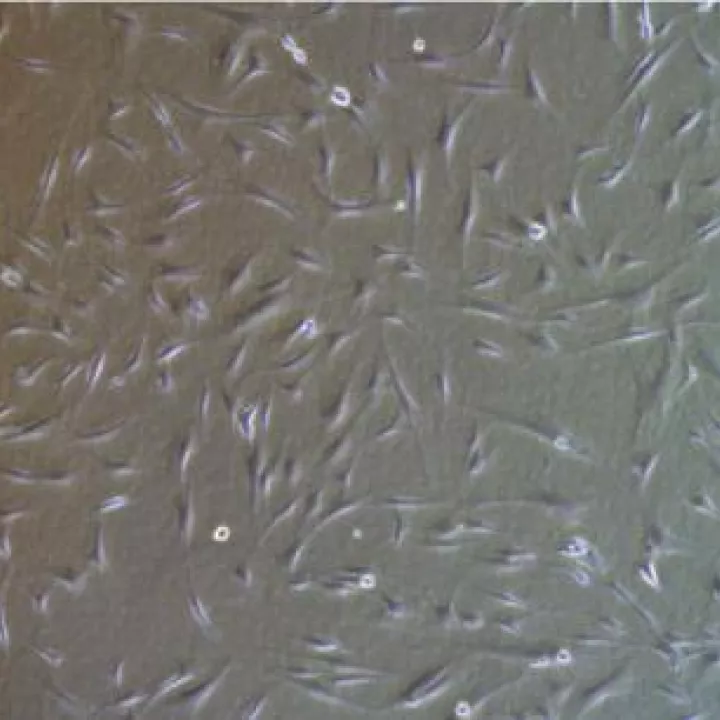MSCs are a cell type referred to as mesenchymal stem cells, mesenchymal stromal cells, multipotent stem cells and medicinal signalling cells. This page gives a brief overview of the debate surrounding this terminology. For more detail about how MSCs are used in cell therapy, please see our MSCs factsheet.
If you are searching for information about gene and cell therapy, you will soon find therapies referring to MSCs. ‘MSCs’ usually refers to cells which can give rise to multiple cell types. In the lab, these undifferentiated cells can be induced to follow different differentiation pathways, by exposing them to different chemicals or mechanical conditions as they grow. MSCs can also secrete chemicals which trigger a healing response.
Depending on who you ask, ‘MSC’ can be short for any of the following:
Multipotent stem cells
Mesenchymal stem cells
Mesenchymal stromal cells
Medicinal signalling cells
These different terms have been proposed to describe MSCs as the scientific community has learned more about their biology and therapeutic uses.
It is important to remember that there is no single, common MSC. The term ‘MSC’ has been used to describe cell types which share certain similar traits. MSCs from different tissues will differentiate into different specialised cell types, and there is on-going debate within the scientific community as to whether ‘MSC’ is a useful or appropriate umbrella term.
To further confuse matters, in the context of cell therapy and tissue engineering, the term may be colloquially used to refer specifically to bone marrow-derived MSCS. This is the cell population which gives rise to mesenchymal tissues: bone, cartilage, fat, tendon, muscle and bone marrow.
The term multipotent stem cells was coined to describe a cell population which was found to share some traits with stem cells. These cells were able to differentiate into a broad range of cell types, or to self-replicate while maintaining this ‘potency’. However, the range of cell types they could differentiate into is narrower than pluripotent stem cells. This term applies to several types of adult stem cells, but is often used to refer to MSCs specifically. The researchers who first described MSCs never used the term ‘multipotent stem cells’. Many researchers have expressed concern that some organisations use this term to make their therapy sound more promising than evidence shows it to be.
In 1991, Arnold Caplan described a type of cell, isolated from marrow, which could produce either bone cartilage, or blood cells. He termed these mesenchymal stem cells, referencing the cells’ capacity to produce mesenchymal tissue.
A debate later arose within the scientific community over whether ‘mesenchymal stem cells’ was an inaccurate term. It was difficult to isolate ‘pure’ stem cells, and so cell samples collected for growth in the lab or transplant often contained other, non-stem cell types. As these cells were collected from stromal tissue (structural or connective tissue) some scientists argued that the term mesenchymal stromal cells was more precise.
Other researchers questioned whether the most important thing about MSCs was not their multipotency or ‘stemness’, but their signalling abilities. When stromal tissue is damaged, MSCs migrate to the damaged site to produce new cells. They also send out signals to gather immune cells to the site, promoting healing and repair. They argued that MSCs should be called ‘medicinal signalling cells’.
Where possible in EuroGCT content, specific terminology will be used to describe specific research or therapies using MSCs, including tissue of origin (eg. ‘bone marrow-derived MSCs). Where this is not appropriate, the umbrella term ‘MSCs’ will be used.
We acknowledge that there is debate within the scientific community over the mechanisms of action, and even the ‘stemness’, of this cell type. However, as MSCs feature heavily in cell and hybrid therapies, we feel it is important to provide clear and accurate information about their potential and their limitations.
The EuroGCT consortium will continue to develop its information on MSCs in line with the scientific consensus.
